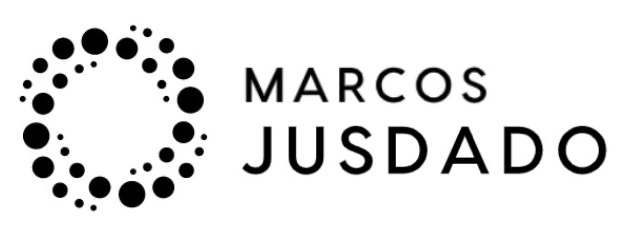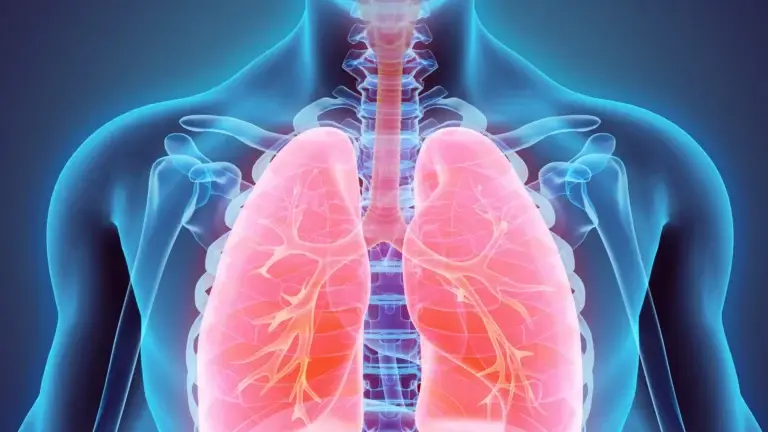Functional neurology is an emerging discipline that addresses neurological disorders from an integrated perspective, considering the interaction between the brain, nervous system, and body. Unlike traditional neurology, which focuses on anatomy and physiology, functional neurology examines how dysfunctions in nervous system function can contribute to a variety of symptoms and conditions.
Core Principles of Functional Neurology
- Neuroplasticity: The brain’s ability to reorganize and adapt in response to experiences and injuries. This plasticity enables the rehabilitation of lost or altered functions.
- Body-Brain Connection: Physical symptoms often have roots in neurological dysfunction. Treating the nervous system can relieve conditions such as chronic pain, fatigue, and movement disorders.
- Personalized Assessment: Each patient is unique. Functional neurology uses detailed assessments to identify specific dysfunction patterns and design individualized treatments.
- Multidisciplinary Approach: Combines physiotherapy, neurological rehabilitation, occupational therapy, and other disciplines to comprehensively address patient needs.
Techniques Used in Functional Neurology
- P-DTR (Proprioceptive Deep Tendon Reflex): A technique that evaluates and modulates sensory receptors in the body to improve communication between the nervous system and muscles. (pdtr-global.com)
- Neurological Stimulation: Methods applying specific stimuli to activate or inhibit brain areas and improve function.
- Movement Rehabilitation: Exercises and therapies designed to restore normal movement patterns and improve coordination.
- Cognitive Training: Techniques aimed at enhancing cognitive function and pain perception through brain plasticity.
Clinical Applications
Functional neurology has demonstrated effectiveness in treating various conditions, including:
- Chronic Pain: By addressing altered pain perception and central sensitization.
- Movement Disorders: Such as tremors, dystonia, and functional weakness.
- Functional Neurological Disorders: Conditions where neurological symptoms lack identifiable structural causes.
- Sports Performance Enhancement: Optimizing neuromuscular function and coordination.
Scientific Evidence and Effectiveness
Recent studies support the efficacy of functional neurology in various fields:
- Chronic Pain Rehabilitation: Research shows functional neurology can help rehabilitate brain changes caused by chronic pain. (thefnc.com)
- Functional Movement Disorders: Biopsychosocial-based physiotherapy has improved motor symptoms and quality of life in patients with functional movement disorders. (jnnp.bmj.com)
- Functional Neurological Disorders: Specialized physiotherapy programs improve motor symptoms and activity in patients with functional neurological disorders. (pubmed.ncbi.nlm.nih.gov)
Conclusion
Functional neurology offers a promising, evidence-based approach to treating diverse neurological conditions. By focusing on nervous system function and its interaction with the body, it provides a comprehensive perspective that can significantly improve patients’ quality of life.
How I Can Help You
If you are experiencing chronic pain, movement difficulties, or want to optimize your neurological function and overall physical performance, I offer personalized assessments and treatment plans grounded in the principles of functional neurology. Using advanced techniques like P-DTR, manual therapy, and targeted neurological rehabilitation, I work with you to restore balance in your nervous system and improve your quality of life. My approach is holistic, considering your body as an integrated system to ensure the most effective and lasting results.
Feel free to contact me to schedule a consultation or learn more about how functional neurology can benefit your health and performance.











